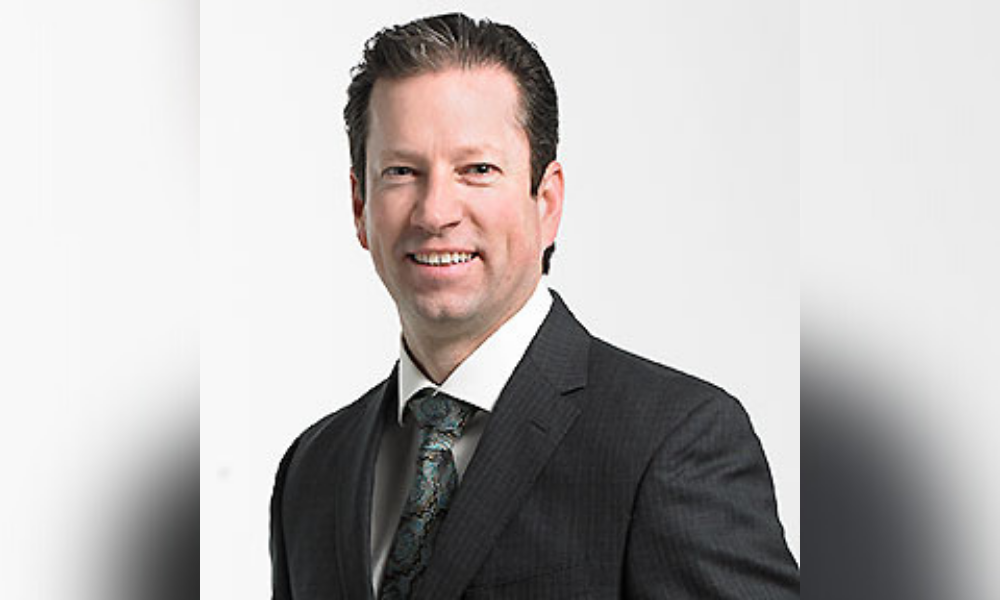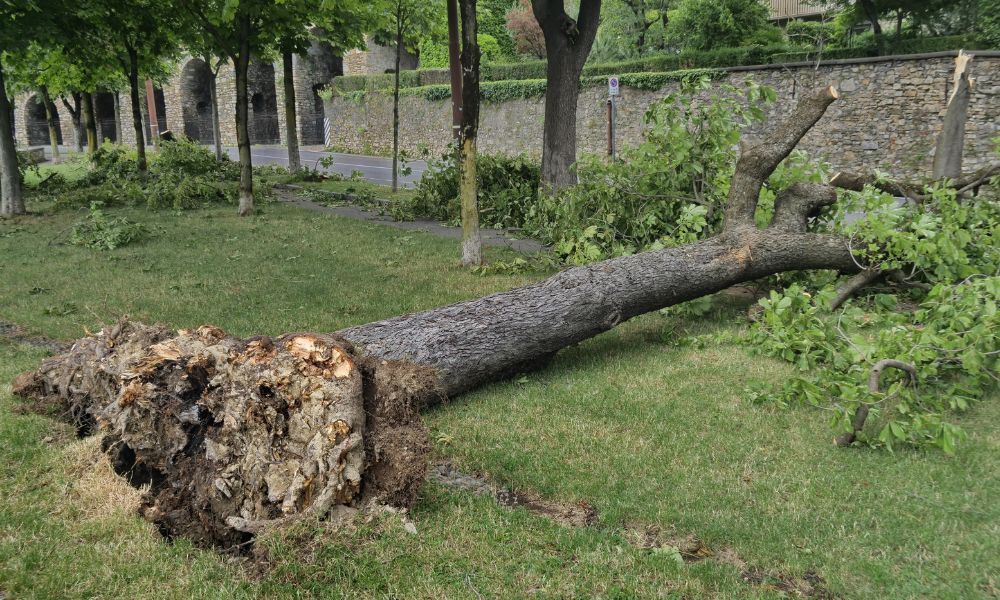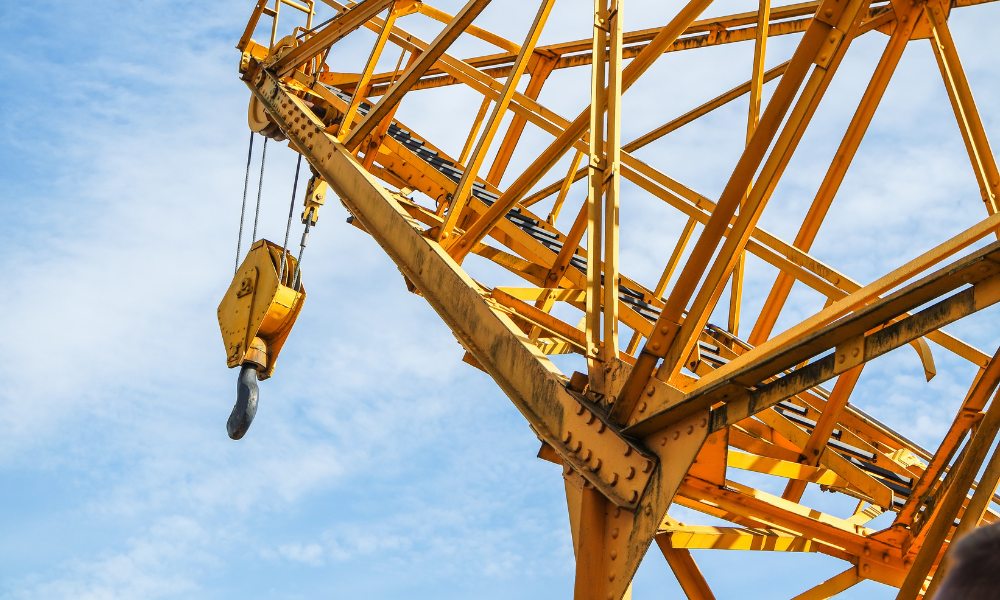I'm fortunate to work at a company that puts people first, says oil and gas safety manager

“I feel very privileged to be able to help people get home safe at the end of every day, and then stay safe,” says Ryan Sloan.
Sloan is currently Health and Safety Manager at Birchcliff Energy and his role is to help develop systems, programs and skills sets to help the people he works with make the right decisions, and protect themselves and everyone around them.
He says: “I was always conscious about the safety side of things, but it really wasn’t until I got into the oil and gas industry that I became exposed to the risks and hazards that people faced.”
In the early 2000s, Sloan says that the industry was growing at a very rapid pace: “People were not knowledgeable of the risks they were taking.”
Sloan helped create the safety committee for his company, “that's when I started to see the value and importance supporting and educating and mentoring others along with working with the organization to develop programs, procedures, to help protect myself and our co workers.”
“Seeing paradigm shifts and strong health and safety cultures like we have here at Birchcliff, I know I can take pride in my profession, my team that I have and my work. And that's truly where I get my passion from.”
He says that the biggest challenge for any safety professional is changing somebody’s safety attitudes without having an incident or a trigger that would do that for them.
“The stigma of a Safety Cop is a challenge,” says Sloan, but once that is overcome and people understand that his role is dedicated to their health and safety that challenge is now a win!
“We’re there to support them and get them home at the end of the day.”
Sloan says that COVID was not a huge challenge for his organization because they already had a “fantastic” culture and were prepared for it.
“Because of the culture at our organization, we were able to make that shift […] We’ve done very well through the whole process.”
To promote safety at work, Sloan says that he offers constant communication and support.
“I’m very fortunate to work for an organization where we put people first. Our CEO starts every staff meeting with a safety related comment or discussion,” he says. “My role is to continue to communicate, and support the training and education processes, and also look for new opportunities to make our culture safer.”
“Safety doesn’t end when you take your coveralls off or get home from the office. We need to instill this in our family members as well.”
Sloan highlights that Birchcliff has created programs, including its home safety program, and it provides PPE for people to take home so that their children or other family members can use them:
“It really doesn't matter where they get hurt, if they're hurt. That's one of our team members.”
Safety is a life skill, says Sloan, who spends a lot of time with his organization’s stakeholders to plan and execute projects, and also spends time in the field: “As a former frontline worker, I know that's where the most important relationship in safety is; not just with the head office, but with the people who are actually performing the work.”
Says Sloan: “I also have a fantastic team of health and safety professionals, I enjoy coaching and mentoring them as they go through their career. But I also learned a lot from them getting their feedback, their perspectives and their histories.”





